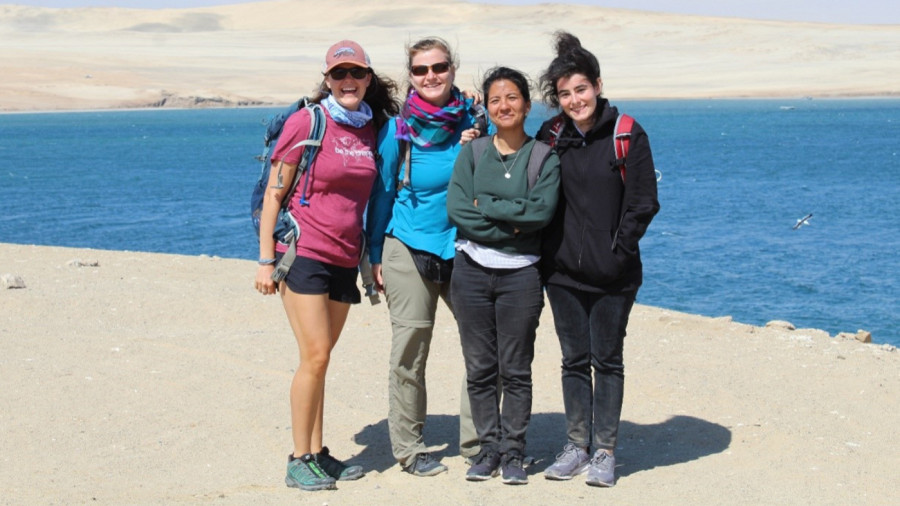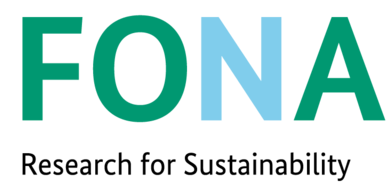Looking back at the first collaborative field work phase of WP7 & 5 in Peru

During November and December 2019, the WP 7 team (Gerardo Damonte, Isabel Gonzales, Lotta Kluger, María Garteizgogeascoa and Michael Flitner) in collaboration with colleagues from WP5 (Achim Schlüter, Alonso del Solar and Samantha Mercer) conducted a first joined field phase for the Humboldt Tipping project.
With the aim to develop participatory future scenarios that had been prepared in preceding online questionnaires, small workshops (i.e. focus group discussions) with fishers, mariculturist, tourist operators, environmental defense organizations, regional and national state entities in the departments of Ica (i.e. Bahía de Independencia, Southern Peru), Piura (i.e. Bahía de Sechura, Northern Peru) and Lima (Central Peru) took place.
In addition, the team also conducted qualitative research to characterize the marine-costal governance regime of the areas. The selection of the field sites was based on previous German-Peruvian collaborative projects and the importance of artisanal fisheries, aquaculture and tourism activities taking place. More specifically, a central workshop was held in Lima aiming at identifying the social perceptions on how the Northern Current Upwelling System could look like in 20 years in the context of changing environmental and socio-economic factors such as pollution, coastal use and population, social organization and environmental variability. In addition, for the resulting images about the future, challenges and conflicts among and for the different spheres (public policy, research, civil society) were explored. Finally, the participatory process was used also to explore different understandings of the sustainability of the MSES (Marine Socio-Ecological Systems).
Once in the regions (the Bays of Sechura and Independencia), the team aimed at exploring the imagined futures in Lima at a regional scale to more specifically assess how marine and coastal activities have been (and are being) threatened by environmental and socio-economic drivers in recent years. Furthermore, the adaptive capacity of the communities to changes was also explored.
The results of the research will be available in April through a report that will be published online and diffused throughout the communities. The team wants to gratefully thank all the participants who very kindly collaborated with us and is looking forward to build on this work in the following fieldwork phases about to come.


